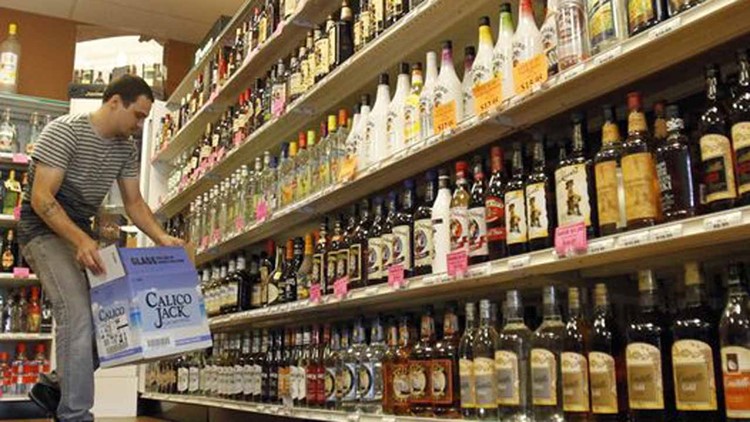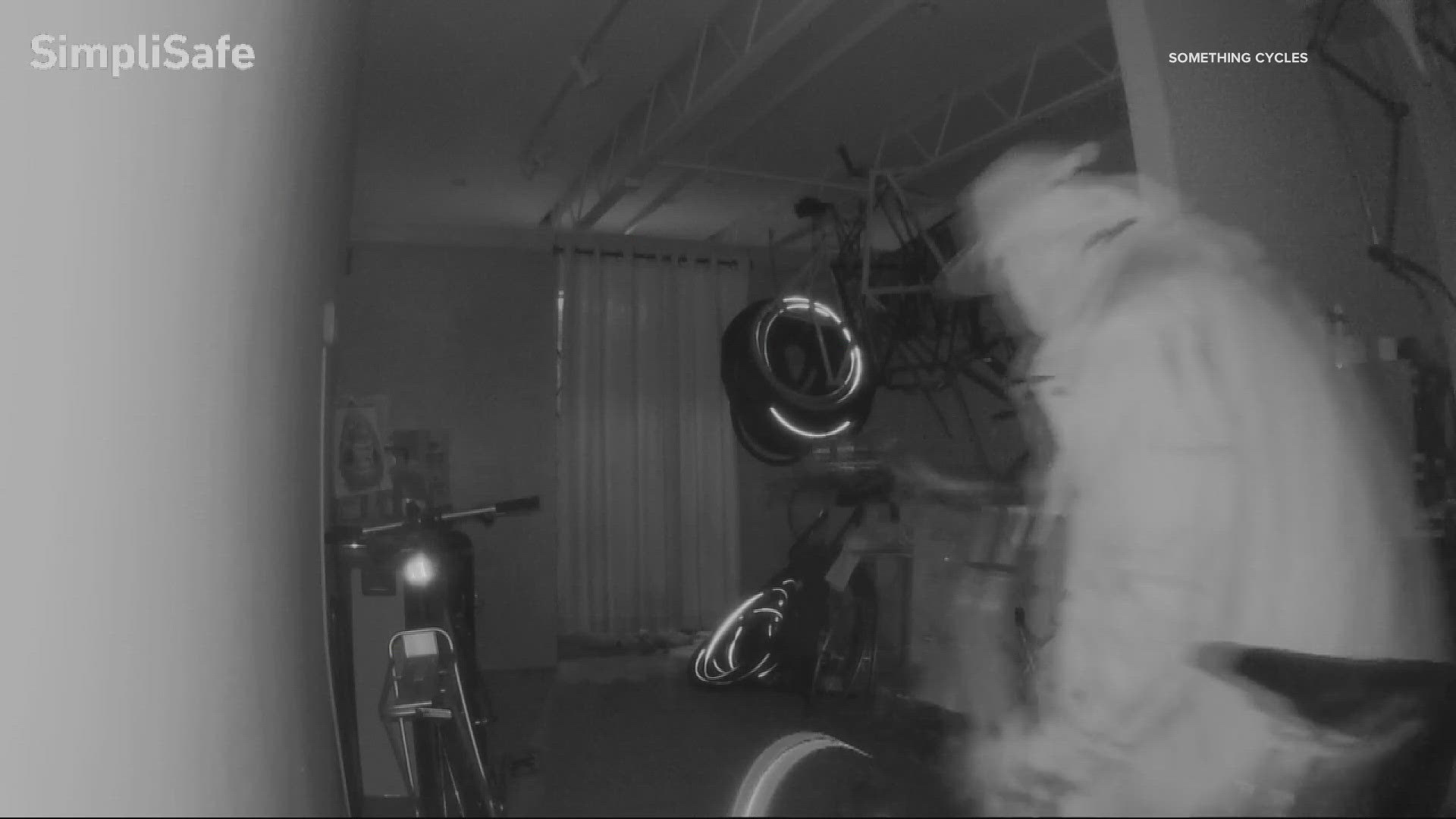SALEM, Ore. — The cost of a liquor license in Oregon is going up for the first time in 70 years after newly passed legislation doubled the amount the agency will charge bars, restaurants, breweries and wineries for the right to sell alcohol to customers.
The law moves Oregon's liquor fees from among the cheapest in the nation to just below the national average for such fees, but the agency says getting on a par with other states was not the motivation.
The Oregon Liquor Control Commission wants to use the new revenue to move its license renewal process online, deal with the increase in applications statewide as the population grows and create a more efficient, two-year renewal option.
"Our fees were set in 1949, as far as we know, back when bread was 10 cents a loaf," said OLCC spokesman Matthew Van Sickle.
Starting Oct. 1, a full liquor license will be $800, up from $400, and winery or brewery license fees will increase from $250 to $500. All other fees will also double on and after that date.
OLCC's revenues from distilled spirit sales and beer and wine privilege taxes, forecast at more than $1.5 billion for 2019-21, are the third-largest source of revenue for the state of Oregon.
The increase in licensing fees is projected to raise an additional $9 million for the 2019-21 biennium.
The agency processes an average of 454 new licenses a year, adding to a load of more than 18,000 active licenses.
While there is no timeline for a two-year liquor license renewal option or the transition to an online system, bar owners say they are looking forward to not having to complete cumbersome paperwork every year.
Another goal for the new revenue is increased stings, where the state sends in underage people to attempt to purchase alcohol at licensed establishments. Van Sickle says the Legislature sets the benchmark for compliance and lawmaker recently raised its expectation from 80% to 90% compliance.



